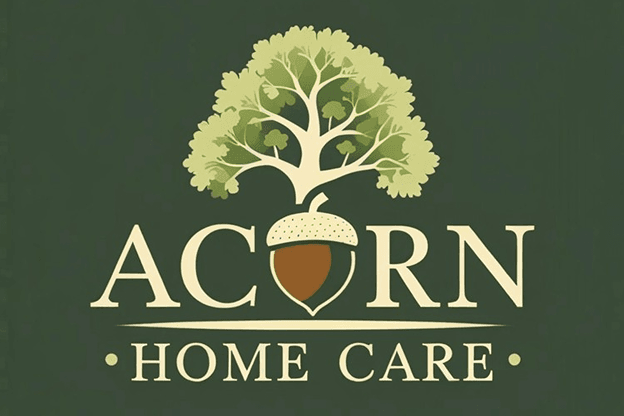Understanding Sundowning: A Guide for Caregivers
KP
What is Sundowning?
Sundowning is a phenomenon often observed in individuals with Alzheimer's disease or other forms of dementia. It is characterized by increased confusion, agitation, and restlessness that typically occur in the late afternoon or evening. Understanding sundowning can help caregivers manage these challenging behaviors more effectively.

Recognizing the Signs
The symptoms of sundowning can vary from person to person but often include increased anxiety, confusion, pacing, and mood swings. These behaviors can be distressing for both the individual experiencing them and their caregivers.
Common Symptoms
- Restlessness and pacing
- Mood swings and irritability
- Confusion and disorientation
- Increased verbal or physical aggression
Potential Causes
While the exact cause of sundowning is not fully understood, several factors may contribute to its occurrence. Changes in the body's internal clock, fatigue, and reduced lighting can all play a role. Additionally, hunger and thirst, along with discomfort from pain, can exacerbate symptoms.

Strategies for Management
Managing sundowning requires patience and a proactive approach. Here are some strategies that caregivers can employ to reduce the impact of sundowning symptoms:
Create a Calm Environment
Minimize noise and distractions during the evening hours. Soft lighting and soothing music can help create a calming atmosphere. It's important to maintain a consistent routine to provide a sense of stability.
Encourage Physical Activity
Engaging in regular physical activity during the day can help reduce restlessness and improve sleep patterns. Simple exercises or a short walk can be beneficial.

Incorporate Relaxation Techniques
Introducing relaxation techniques such as deep breathing exercises, meditation, or gentle massages can help alleviate anxiety and promote relaxation during the evening.
Address Physical Needs
Ensure that the individual is comfortable, well-fed, and hydrated. Addressing basic physical needs can prevent discomfort that may worsen sundowning symptoms.
When to Seek Professional Help
If sundowning symptoms become too challenging to manage on your own, seeking professional help is crucial. Healthcare providers can offer guidance and may suggest medications to help manage severe symptoms.
Understanding sundowning is essential for caregivers to provide the best possible support for their loved ones. By employing effective strategies and maintaining a compassionate approach, caregivers can help mitigate the impact of sundowning and improve the quality of life for those affected.
Have questions? We’re always here to help, Contact Us. We take pride in supporting families and seniors, no matter the outcome. It would be our honor to help one more senior discover the care they deserve.
